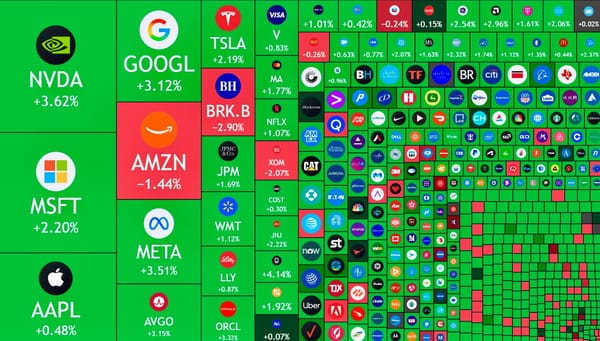Fractional Ownership in Real Estate: A Blockchain Revolution
In recent years, the real estate industry has witnessed a transformative shift propelled by blockchain technology. One of the most intriguing developments within this space is the concept of fractional ownership, made possible through blockchain's immutable ledger and smart contract capabilities. This article delves into how fractional ownership in real estate is becoming a revolutionary force, offering investors unprecedented opportunities and redefining the traditional real estate investment landscape.
The Rise of Fractional Ownership
Historically, investing in real estate often required substantial capital, limiting access to a select group of investors. Fractional ownership changes this paradigm by allowing investors to purchase a fraction of a property, enabling them to participate in real estate investments with lower entry barriers. This democratization of access is particularly appealing to retail investors and opens up new avenues for diversification within investment portfolios.
Blockchain's Role in Tokenization
Central to fractional ownership in real estate is the process of tokenization, where real-world assets such as properties are represented digitally through tokens on a blockchain. These tokens, often based on standards like ERC-20 or ERC-721 on Ethereum, signify ownership and can be divided into smaller units, offering flexibility and liquidity previously unseen in traditional real estate transactions.
Blockchain technology ensures transparency, security, and efficiency in managing fractional ownership. Every transaction is recorded on the blockchain's decentralized ledger, providing a clear and immutable ownership history. Smart contracts, self-executing contracts with predefined conditions written into code, automate processes such as dividend distribution, property management fees, and voting rights among token holders, streamlining operations and reducing administrative overhead.
Benefits of Fractional Ownership
1. Increased Accessibility:
Fractional ownership enables individuals to invest in high-value properties that would otherwise be financially out of reach. This inclusivity broadens the investor base and fosters a more diverse and resilient real estate market.
2. Enhanced Liquidity:
Traditionally, real estate investments are illiquid, requiring time-consuming processes for buying, selling, or exiting investments. With fractional ownership and tokenization, investors can trade their ownership stakes seamlessly on secondary markets, unlocking liquidity and providing greater flexibility.
3. Portfolio Diversification:
Real estate has long been valued for its diversification benefits, but fractional ownership takes this a step further. Investors can diversify across different types of properties, locations, and risk profiles without committing substantial capital to any single asset, reducing overall investment risk.
4. Transparency and Security:
Blockchain's transparency ensures that ownership records are verifiable and tamper-proof. Smart contracts automate key processes, eliminating intermediaries and reducing the potential for fraud or disputes, thereby enhancing trust and security for all stakeholders.
Challenges and Considerations
While fractional ownership and blockchain technology offer compelling advantages, challenges remain. Regulatory frameworks around tokenized assets are still evolving, requiring clear guidelines to ensure investor protection and market integrity. Technical aspects such as scalability, interoperability, and data privacy also warrant ongoing attention to realize the full potential of fractional ownership in real estate.
The Future of Real Estate Investment
As blockchain technology matures and regulatory clarity improves, fractional ownership is poised to reshape the real estate investment landscape. The ability to fractionalize assets, coupled with blockchain's transparency and automation, heralds a new era of accessibility, liquidity, and efficiency in real estate markets globally. Investors, developers, and regulatory bodies alike are navigating this paradigm shift, unlocking novel opportunities and paving the way for a more inclusive and dynamic real estate ecosystem.
In conclusion, fractional ownership in real estate, powered by blockchain, represents a transformative revolution with profound implications for investors and industry stakeholders. Embracing this paradigm shift responsibly and innovatively will drive sustainable growth, foster financial inclusion, and redefine the future of real estate investments.







